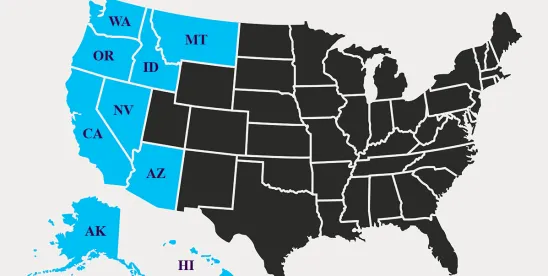While French skincare company L’Occitane (the “Company”) successfully thwarted a mass arbitration effort by plaintiffs’ firm Zimmerman Reed and approximately 3,000 customers (the “Claimants”), the Southern District of California Court presiding over the matter indicated that the Company’s case against them was on the verge of dismissal. L’Occitane v. Zimmerman Reed, et al., No. 2:24-cv-01103 (C.D. Cal. April 15, 2024).
The underlying dispute hinged on an influx of arbitration claims made by Zimmerman Reed in collaboration with the Claimants against L’Occitane, all of which alleged that the Company website’s use of third-party tracking software (e.g., Google Analytics) violated the California Invasion of Privacy Act (CIPA). Shortly after these claims were made, L’Occitane revoked both groups’ access to its websites and filed a complaint against them in February, alleging, inter alia, that (i) Zimmerman Reed and the Claimants had manufactured the arbitration claims to inflate the group’s size in a digital “shakedown” attempt; and (ii) by continuing their orchestrated CIPA arbitration shakedown attempt, they had also violated the federal Computer Fraud and Abuse Act (CFAA).
Notably, L’Occitane highlighted in the complaint the growing trend of website operators being flooded with CIPA claims based on allegations that they were “wiretapping” their own websites because of use of third-party tracking software. The trend follows a 2022 decision from the Ninth Circuit finding that CIPA “applies to Internet communications,” and anyone who accessed these communications without consent could be held liable. Javier v. Assurance IQ, LLC, No. 21-16351 (9th Cir. May. 31, 2022).
After the complaint was filed, Zimmerman Reed subsequently sought to compel the matter to arbitration in March. As the basis for their motion, they argued that consumers who visited L’Occitane’s website were subject to binding arbitration agreements. The Court, however, identified a critical flaw in this argument in its April decision: that Zimmerman Reed failed to provide any concrete evidence that any of the Claimants had actually visited the alleged website. U.S. District Judge Percy Anderson thus denied the motion to compel arbitration, finding that, even if he agreed in principle that an arbitration agreement could exist strictly as a result of a website visit, the Claimants had failed to provide any evidence of such a visit. But Judge Anderson separately concluded that L’Occitane’s CFAA claim could not survive based on a finding that the law did not apply to publicly available websites like the one at issue.
With Zimmerman Reed’s arbitration motion denied and L’Occitane’s CFAA claim dismissed, Judge Anderson queried why the remaining claims should not also be dismissed and requested that the parties show cause for continuing the lawsuit.
As the plaintiffs’ bar continues to pursue novel legal theories under privacy statutes like CIPA, companies should be sure to collaborate with outside counsel to stay up to date on new developments and strategies to defend themselves against such claims, including, when appropriate, going on offense and suing those seeking to pursue frivolous claims. This is especially true for companies that may face mass arbitration or class action tactics from plaintiffs strictly by virtue of their size and the mere hosting of a website that generates traffic.



 />i
/>i

